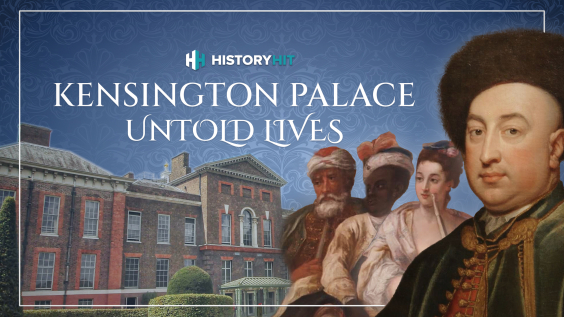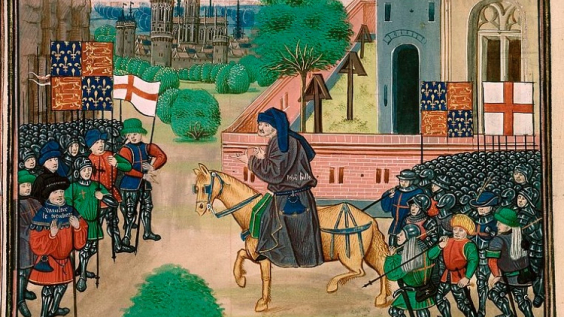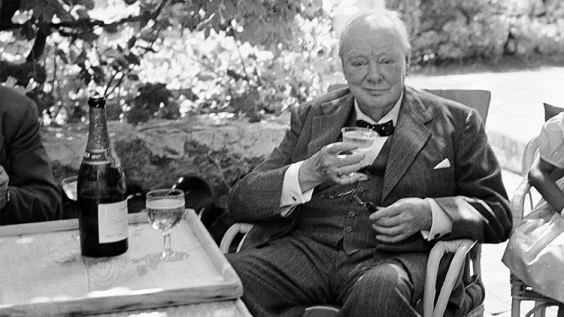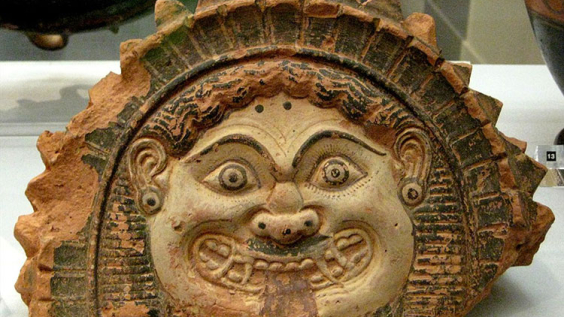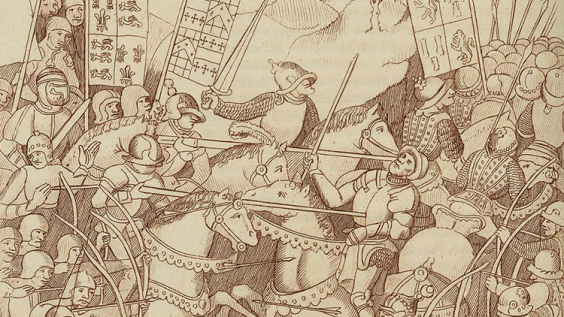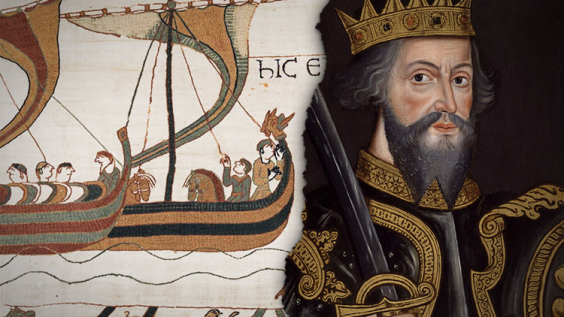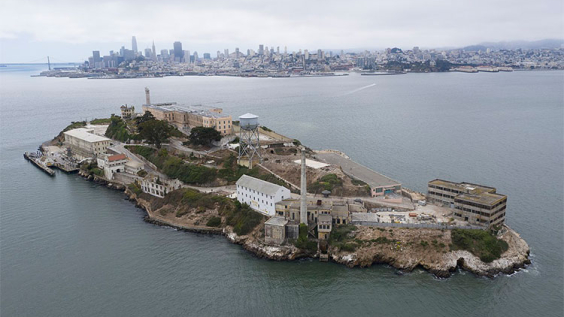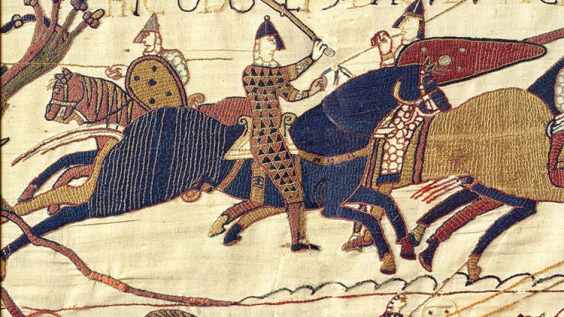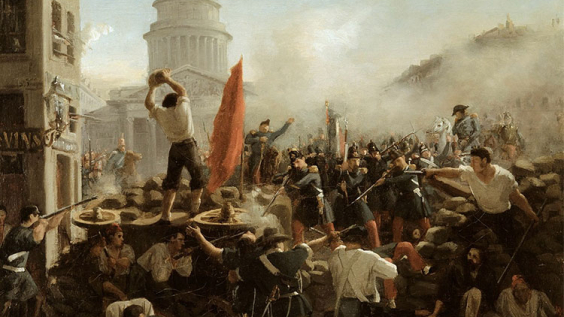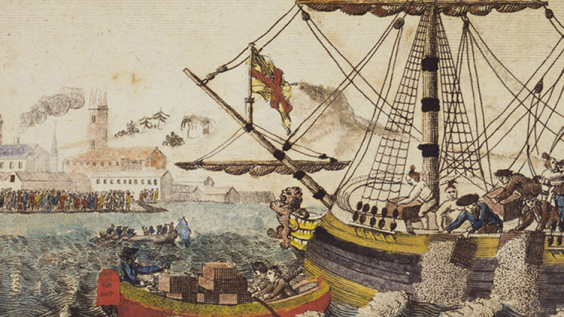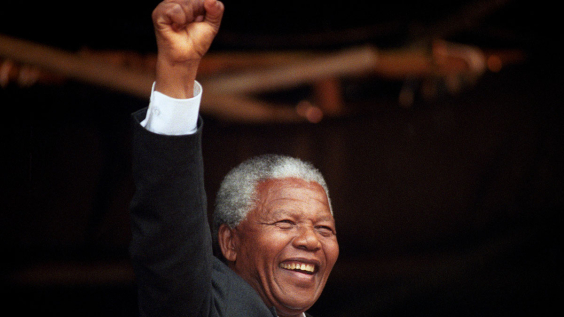
This article is an edited transcript of Imphal and Kohima with James Holland, available on History Hit TV.
 Watch Now
Watch NowThe mastermind behind Britain’s improved fortunes in South-East Asia during World War Two was William “Bill” Slim, who became the acting eastern army commander in the late summer and early autumn of 1943. His appointment came shortly after Lord Mountbatten’s arrival in Asia as Supreme Allied Commander of South-East Asia Command.
 Listen Now
Listen NowA shrewd appointment
Mountbatten was a shock appointment to many people – he was young, relatively inexperienced and had a fairly mixed record.
Mountbatten came to meet Slim at his headquarters in Barrackpore, which was just north of Calcutta, and was immediately impressed. So impressed that he made Slim the new army commander without even bothering to consult with anyone else. It turned out to be a fantastically shrewd appointment.

Lord Mountbatten was so impressed with Slim that he immediately made him the region’s new army commander.
Slim had already been trying to work out how he could get the British Army back on track in the region. Vigorous jungle training and forward malaria units, to prevent as many men being taken out for up to three months, were introduced. Everyone – from cooks to mechanics – was trained in jungle tactics, while the introduction of better food and supply units also made a significant difference.
Another key development at that time was the realisation that they could improve Allied prospects in the area by making the most of their superiority in the air.
The British realised that if they could effectively harness air power then they’d be in business.
The British began to re-supply from the air. Spitfires, which were certainly superior to Japanese Oscars, started arriving in the autumn of 1943, and the RAF began to bring over ground units, radar and ground controllers. Suddenly the British started gaining control of the skies.
This dominance in the air meant that the Allies could start doing airdrops.

William Slim introduced vigorous jungle training and forward malaria units.
The first victory
Slim’s first victory – as well as the first time that his new tactics, new training and improved air supplies were put to the test – occurred at a site known to the British as the “Admin Box” in Arakan, north-west Burma (now Rakhine State in Myanmar), in February 1944.
It proved to be a fantastic turning point. Slim realised that he could win in the South-East Asian theatre.
There had been a sense that the only way to win in Burma would be by outflanking the enemy with amphibious operations, which, on paper, Britain and the allies were well equipped for.
But because of the huge demands of Anzio in Italy, of Anvil in southern France, D-Day and, of course, the situation in the Pacific, most of the Allied shipping resources were in use elsewhere.
 Watch Now
Watch NowSlim had to do it the hard way. His strategic masterstroke was to lure the Japanese into north-east India, around Imphal, where the terrain was surrounded by mountains and hills. Crucially, near Imphal there was a plain; and where there’s a plain you can have airfields.
It was the beginning of a plan to repel the Japanese that you can read about in more detail in the article How Bill Slim’s Tactics Turned Things Around in South-East Asia.



